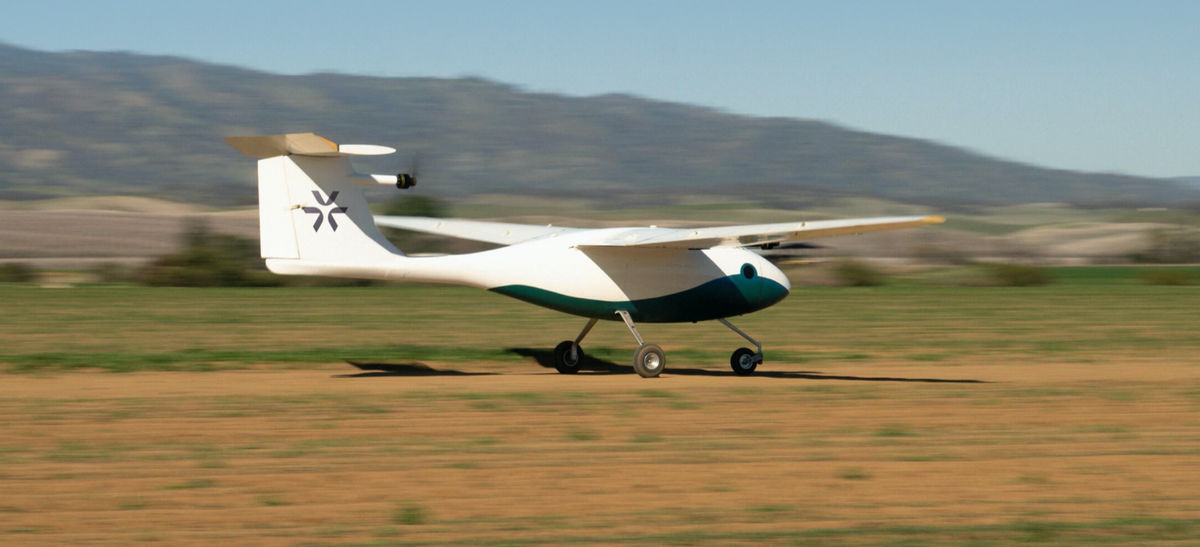An electric autonomous airplane startup in California said Tuesday it had raised $37 million in backing and planned to expand its products into the cargo market.
Oakland-based Pyka said it would also use the venture capital to support serial production of its “Pelican” aircraft for committed buyers and to fund research and development. The “series A” round was lead by Piva Capital and Prelude Ventures.
Customers are currently using the airplane design to perform “complex commercial agricultural operations” such as crop spraying in several countries. Pyka now plans to modify that same model for 200-mile radius cargo operations, the five-year-old firm said.
The Pelican aircraft has a 38-foot wingspan, a payload capacity of 700 pounds, and endurance of 30 minutes plus a 10-minute cushion. Powered by three electric motors, it can take off from just 450 feet of runway on dirt, gravel, or grass surfaces. Thanks to those specs, it can spray up to 130 acres an hour at one-fifth of the operating costs of a piloted aircraft, Pyka says.
“We are excited to partner with Pyka to change the game for sustainable air transport,” Mark Gudiksen, managing partner at Piva Capital, said in a release. “As a leader in fully autonomous electric aviation with airplanes in commercial operation, we’ve been impressed with Pyka’s pace of innovation and unique approach to the agriculture and logistics marketplaces. We look forward to helping the company rapidly scale to other industries and continue its pioneering vision to make autonomous aircraft more accessible, affordable, and better for the environment.”
















